For the residents and business owners of Toronto‘s Little Jamaica, the COVID-19 pandemic has meant doubling down on the fight to survive.

Heavy congestion and construction from the Eglinton Crosstown light-rail transit (LRT) project has kept customers away from the west-end neighbourhood for almost nine years. It has wiped out many of the Black businesses that line this stretch from Allen Road to Keele Street––and with them, Black history and Afro-Caribbean culture.
Then COVID-19 hit in March, and delivered the second half of the one-two economic punch dealt to this historic community.
“I’ve been here on Eglinton for 43 years and it’s never been this bad,” said Horace “Rap” Rose, owner of Rap’s Restaurant, a long-time community staple for Jamaican cuisine.
The pandemic has been a huge shift for Rose and his restaurant, once a vibrant go-to dine-in spot for famous reggae musicians in Little Jamaica’s heyday. These past four months he’s been limited to take-out and delivery only––an option that doesn’t leave him with much in the way of profit.
Rose says foot traffic which had already been waning around these parts before the pandemic, is now little to none. And with bills still rolling in and now additional out-of-pocket expenses thanks to the need for PPE, he has had to make some tough decisions.
“It’s hard. Very, very, very hard.”
The giant construction hoardings, blocked sidewalks, and snarled traffic isn’t going away any time soon either. In February, Metrolinx announced that the completion date for line, originally set for 2021, would be pushed back again, until sometime “well into 2022.”
That grim reality coupled with a global pandemic has meant twice the uncertainty for Beni Bouka, who has struggled to keep Beni Boo Styles, her African boutique shop on Eglinton just west of Dufferin, open for five years.
“This weekend was supposed to be Eid, that’s not happening; this weekend was supposed to be Caribana, that’s not happening,” said Bouka. “That’s where I get my clientele from … so if all of these activities are being shut down due to the pandemic, it’s no business at all.”

Get daily National news
And though her revenues have plunged by 70 per cent, Bouka says her steep rent costs have remained in place.
“Most of our landlords are not buying into the government incentive in order to give us the rent relief that they’re supposed to,” said Bouka.
“I’ve got my neighbours closed down, there’s a hair salon next to me, they closed, and they just can’t keep up with the rent and the decrease in foot traffic in the neighbourhood … it’s very disheartening.”

Over the last few years of construction, the York-Eglinton BIA says more than 40 businesses have been forced to close along the Eglinton Avenue stretch the BIA represents, from Marlee Avenue to Dufferin Street.
A spokesperson for the BIA told Global News that the organization is still assessing the full impact of COVID-19, but is anticipating “many more store closures” to occur over the next few months.
Even when government aid and business loans are made available to help businesses stay afloat, small businesses often have a harder time accessing the money––a challenge that Bouka and other Black-owned businesses along this strip know all too well.
These are barriers Black businesses often encounter that are rooted in systemic racism, says Nadine Spencer, who heads the Black Business and Professional Association, an organization that addresses equity and opportunity for the Black community on the business, employment and economic fronts.

She says small businesses are not what she calls “corporate Canada,” with ready access to legal departments to help them through piles of paperwork and challenging legal jargon.
“The challenges of maintaining a business without capital, fighting to work 12 hours a day, your taxes aren’t kept up, your payroll is not kept up –– those are the biggest challenges,” Spencer said. “Without that — what I like to call ‘foundations for business success’ — it’s harder to get the funding to qualify.”
But Spencer is hoping to bridge the gap with the launch of a new program called B.A.I.D.S (Business Advisory, Implementation and Development Services), a service launched by the BBPA in partnership with the city of Toronto, offering to do the paperwork for Black-owned businesses anywhere in Toronto, for free.
“Any business can come to the BBPA and get those resources to have their business succeed, so to get the business plan done, get the marketing done, get the taxes done, all of those things,” said Spencer.
“Because if and when something happens again, the businesses will be more ready.”
The BBPA website says the service is part of a larger recovery plan set in motion by the BBPA, city of Toronto and the Confronting Anti-Black Racism Unit, aimed at protecting and attracting more businesses to Little Jamaica.
It’s a flickering light at the end of a very long tunnel for Beni Bouka, who’s feeling hopeful that real, decisive change could finally be on its way to Little Jamaica.
Still, she worries about the damage that has already been done.
“My biggest worry right now is to see Little Jamaica disappear,” Bouka said.
“We want to feel a sense of belonging, we always talk about how diverse Canada is, how diverse Toronto is, but if there is no such community, then where is the diversity?”
— With files from John Hanley and James Morrison-Collalto



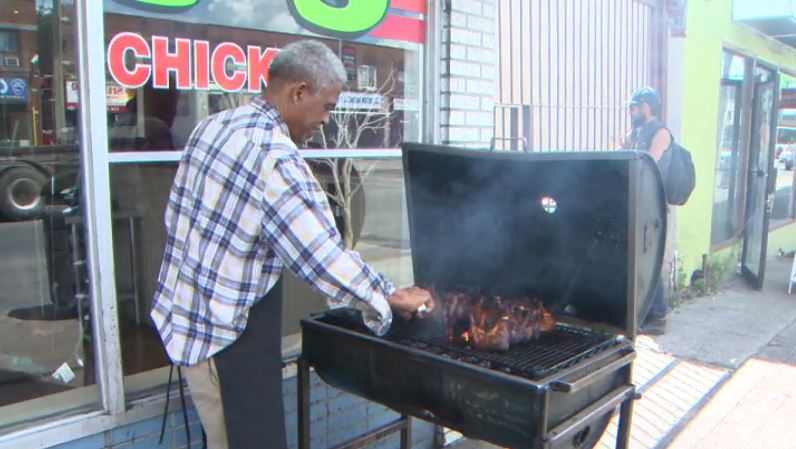

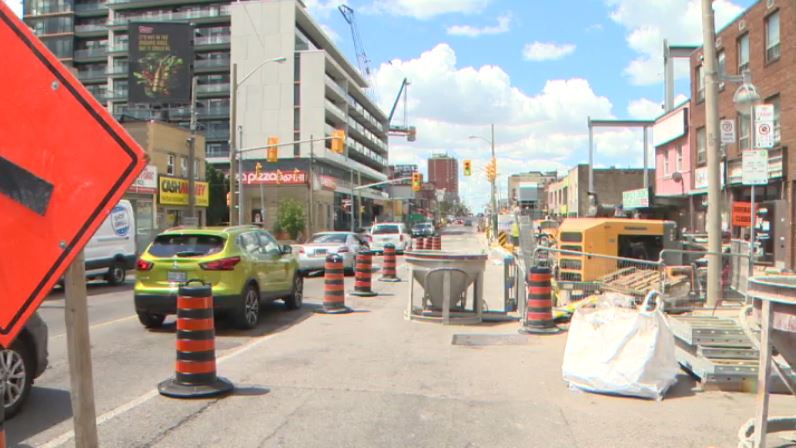

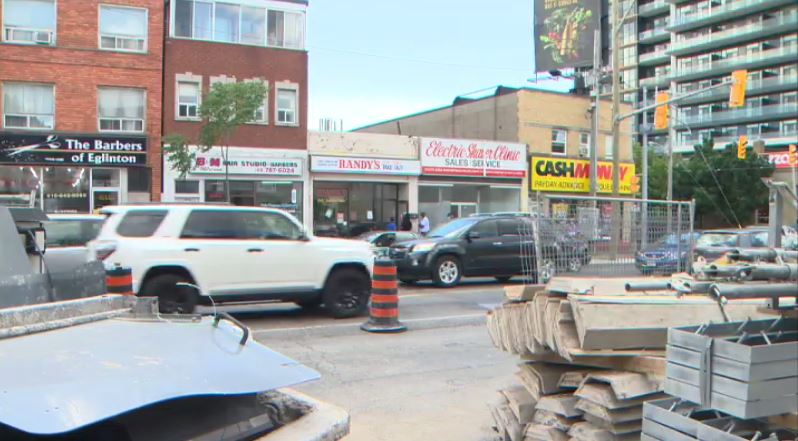

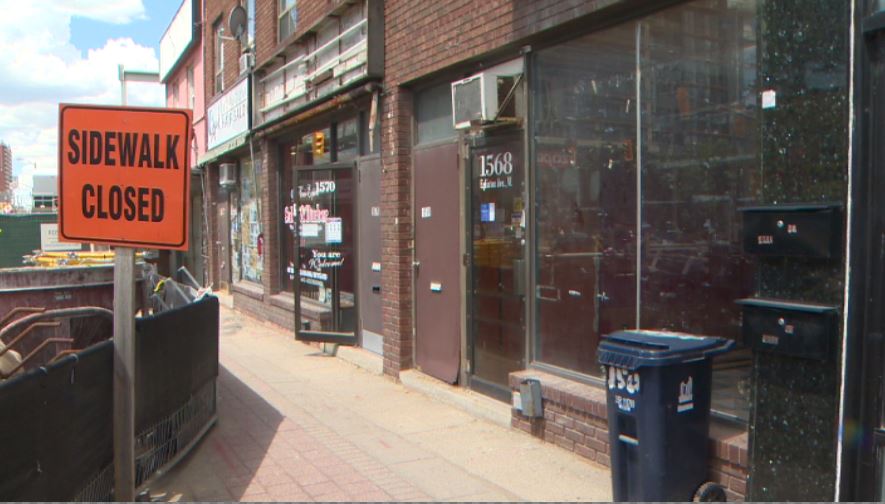



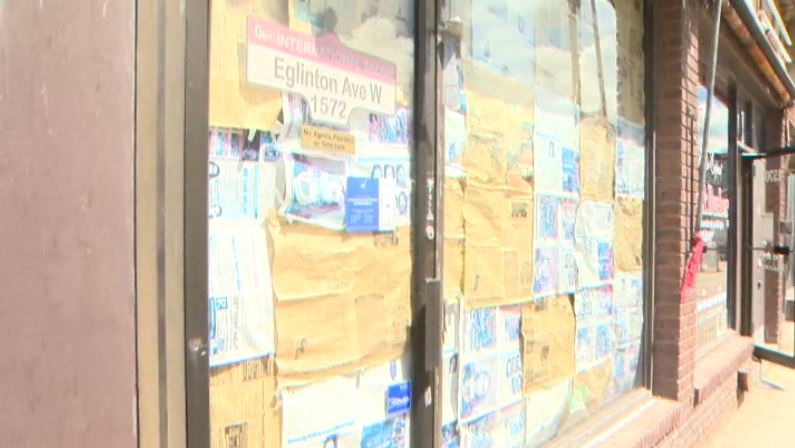


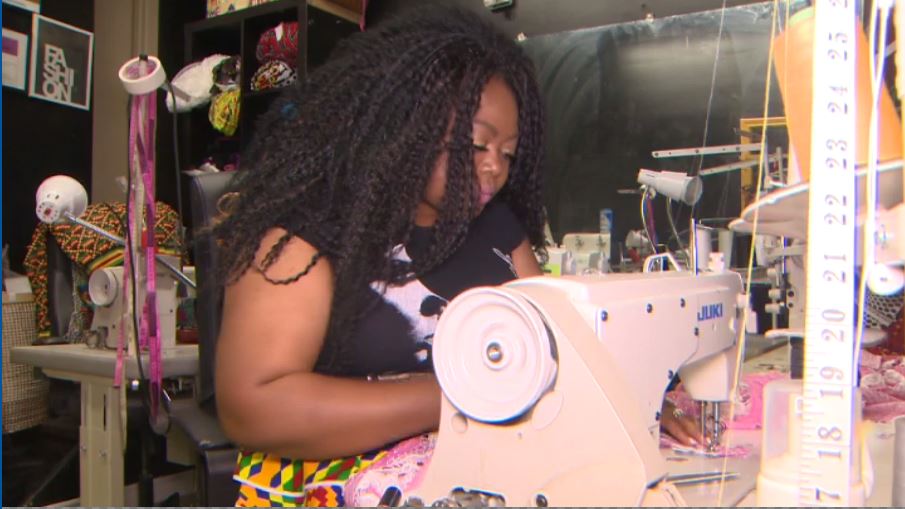




Comments